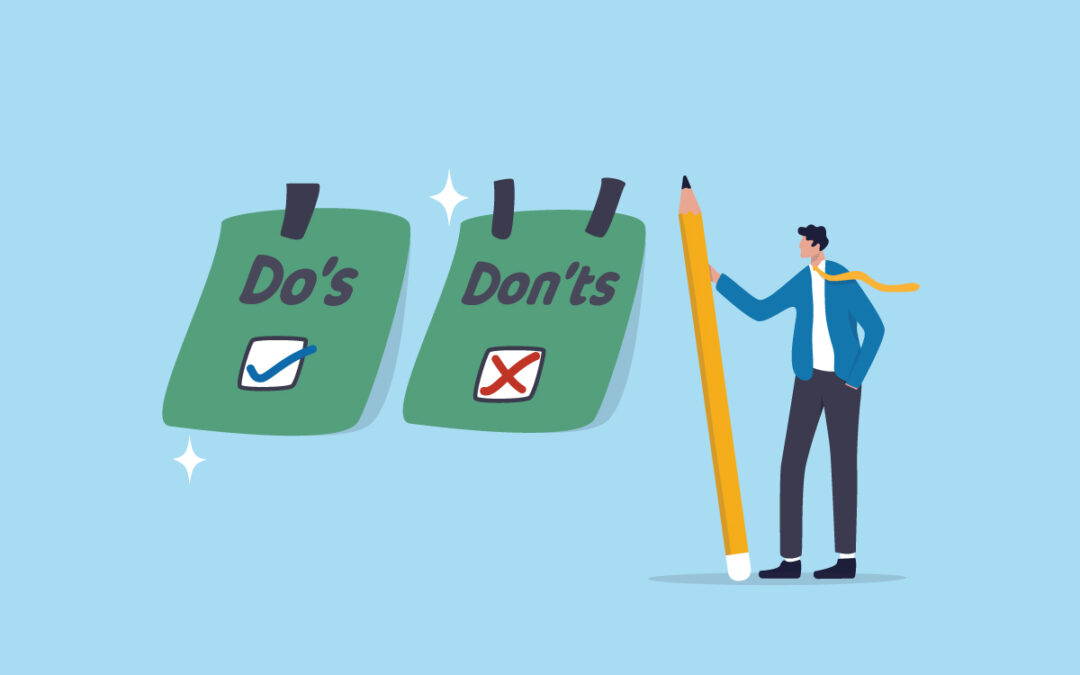The Sales Leader Blog
The latest insights on Sales Leadership, Sales Training, Sales Strategy, and Sales Effectiveness

Account Management KPIs You Should Be Tracking
Account management key performance indicators (KPIs) measure your sales team’s performance and effectiveness. Whether your organization has a dedicated account management team or each seller handles their own accounts, it’s important to set and monitor KPIs to see if...

How to Scale a Sales Team and Keep Performance on Track
Do you need to scale your sales organization? There are multiple reasons to expand a sales team, with each reason creating unique challenges and requiring different approaches to team structure, processes, and technology. The goal is to scale while keeping sales...

Best Practices for Your Sales Pipeline Management Process
A sales pipeline management process is a systematic approach to tracking and managing potential customers as they move through different stages of the buying journey, from initial contact to closed deal. Most sales pipelines have 5-7 stages that reflect the buyer’s...

How to Roll Out a Sales Account Management Plan
A sales account management plan is a roadmap for commercial success. I was once interviewed by a company that wanted me to start a new business unit. Before I accepted, I asked what type of development team would be building the new products critical for the unit’s...

Top 10 Questions to Find the Best Sales Training
Sales training is one of the most important—and most often misunderstood—investments a sales leader can make. Whether you’re onboarding new sellers, leveling up your mid-performers, or trying to shift team behavior across the board, you’re probably asking the same...

Effective Sales Management: 10 Dos and Don’ts for Sales Leaders
Effective sales management requires a fundamentally different skill set than being an individual contributor. Yet many new sales managers find themselves thrust into leadership roles with little preparation for the transition. The hunters and farmers who excelled at...

8 Best Sales Questions to Ask Customers
Questions are one of the most important tools your team can use to understand customers, address objections, and guide the sales process. The best sales questions to ask help uncover buyers’ pain points, priorities, and decision processes. Probing for answers improves...

Value-Based Selling: 7 Tips for Sales Leaders
Value-based selling is a sales approach that focuses on communicating and providing value to prospects and customers throughout their decision-making process. Many sales organizations don’t use this method. But to succeed today, sales leaders must use value-based...
